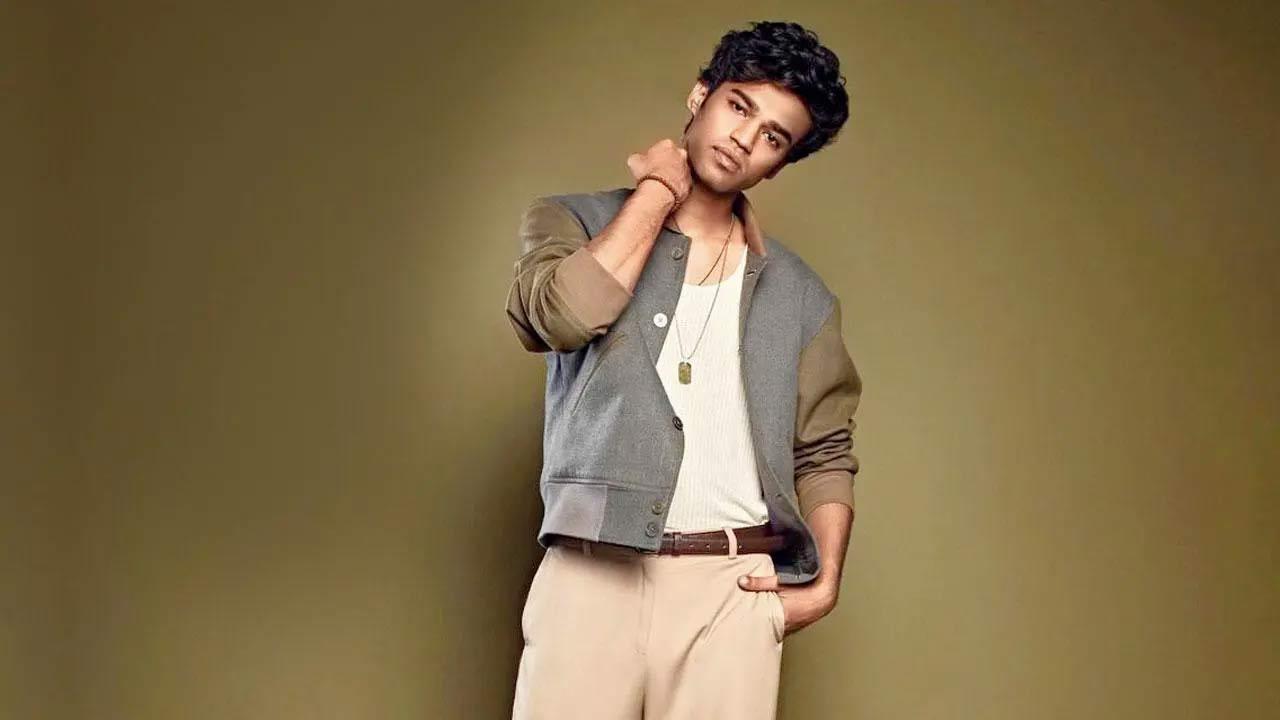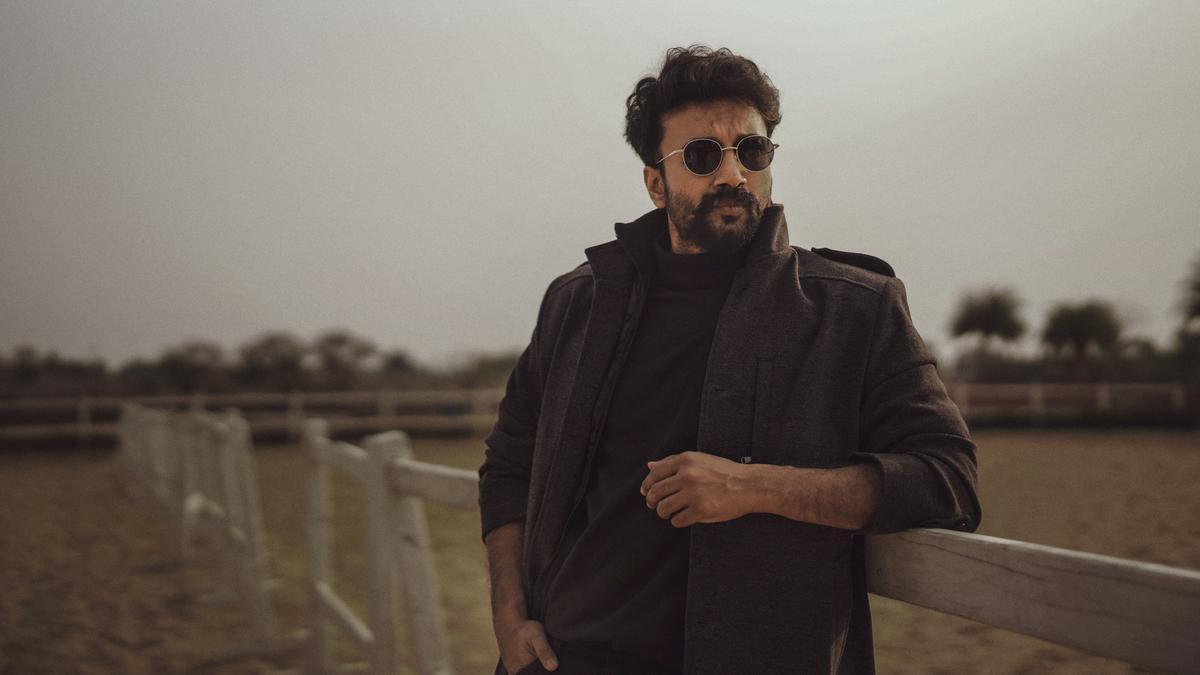
Illuminating the cascading fall of the Duke of York from royal favor to the verge of public obscurity, Netflix’s ‘Scoop’ thrusts viewers into the heart of a scandal of monumental proportions. Directed by Philip Martin, the film ventures into uncharted territory, seeking to dissect the events preceding Prince Andrew’s calamitous 2019 BBC Newsnight interview with Emily Maitlis, which catalyzed his withdrawal from public duties. The film is not merely about Prince Andrew’s fall from grace, but a testament to the court of public opinion’s influence through the omnipresent lens of the media.
‘Scoop’ embarks on its narrative journey with an unexpected protagonist: paparazzi photographer Jae Donnelly, portrayed by Connor Swindells. The film retrospectively imparts significance to Donnelly’s character, whose 2010 photograph of Andrews, under the convincing disguise of Rufus Sewell, walking beside the convicted sex offender Jeffrey Epstein in Central Park, was pivotal to the narrative arc. Donnelly’s inconspicuous presence underscores the outsized influence of the media in shaping public perception.
This theme intensifies when the screenplay, adapted from Sam McAlister’s book “Scoops: Behind the Scenes of the BBC’s Most Shocking Interviews” by Peter Moffat and Geoff Bussetil, navigates through the daunting labyrinth of royal intrigue and public scrutiny. Here, an unrecognizable Sewell as Prince Andrew, dons the prosthetic heft indicative of the besieged Duke, while the scene stealer emerges as the film progresses – Billie Piper’s portrayal of McAlister, the tenacious former Newsnight editor and interview booker.
The cinematographic strategy employed by ‘Scoop’ to establish critical moments builds up to the interview that shifted the world’s view of Prince Andrew. The imagery of Andrew with Virginia Giuffre, one of Epstein’s alleged victims claiming to have been trafficked by him at the age of 17, accompanied by Ghislaine Maxwell, fixture, and facilitator within Epstein’s predatory circle, is seared into the public consciousness.
Interlacing the narrative with these profound snapshots, ‘Scoop’ elevates itself from mere dramatization to an acute observation of visual media’s sway in modern adjudication. The climax, as anticipated from the outset, is the scintillating portrayal of the Newsnight interview. Here, Maitlis, brought to life by Gillian Anderson’s gripping performance, interrogates a somber Sewell, whose nuanced depiction of the Duke’s blindsided naiveté and infamous “no-sweating” justification contributes to the interview’s disastrous unraveling.
The critical one-hour of screen time allocated to the interview achieves a remarkable cinematic feat; Maitlis, guided by McAlister’s off-screen advice to “give him the space and let him talk,” unveils the visage of a man fumbling through a minefield of his own making. The resulting narrative catastrophe is inextricably linked to the interview’s real-life aftermath, which saw Prince Andrew’s royal duties cease, a civil lawsuit by Giuffre, and the Duke’s subsequent retreat from the public eye.
What solidifies ‘Scoop’ in the landscape of insightful filmmaking is its refusal to be categorized as mere entertainment. Piper’s McAlister symbolizes the truth-seeking idealism that remains defiant in the face of “post-truth journalism,” a realm where the line between dialogue and news becomes indistinguishable. The perseverance she exhibits in demanding more from journalism offers a glimpse into the pockets of hope where idealism survives and thrives.
As with any narrative centered on such recent and sensitive events, ‘Scoop’ courts controversy and fascination in equal parts, serving as a mirror to the society’s collective predilections and judgments. The film triumphs not just in its intricate portrayal of a blemished royal figure but in its implicit call to scrutinize the mechanisms through which stories are shaped and served to a global audience.
‘Scoop’ is currently available for streaming on Netflix, presenting a tale of intrigue, mediatic power, and the ever-watchful eyes of a public that can build or demolish reputations with the silent power of opinion.










